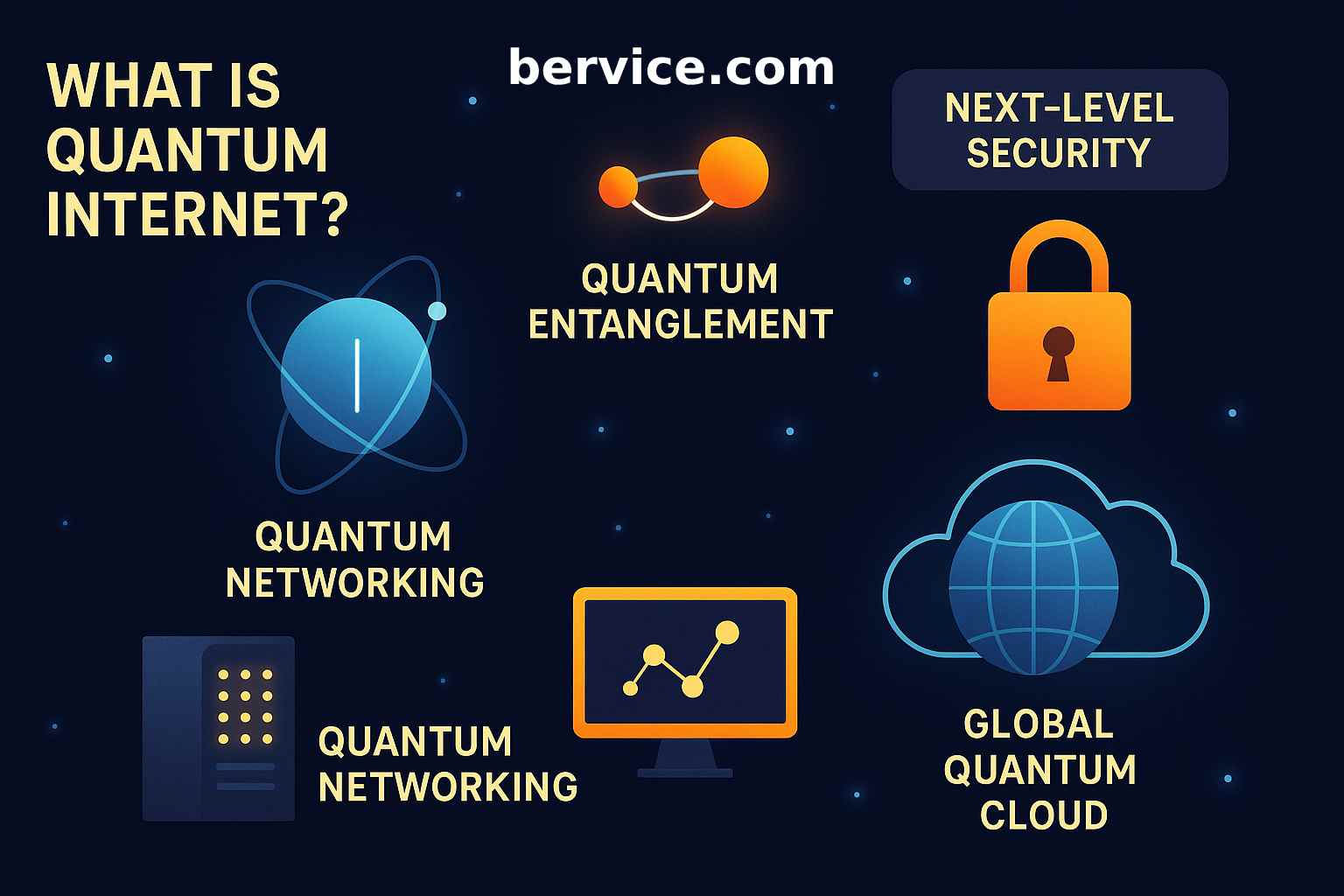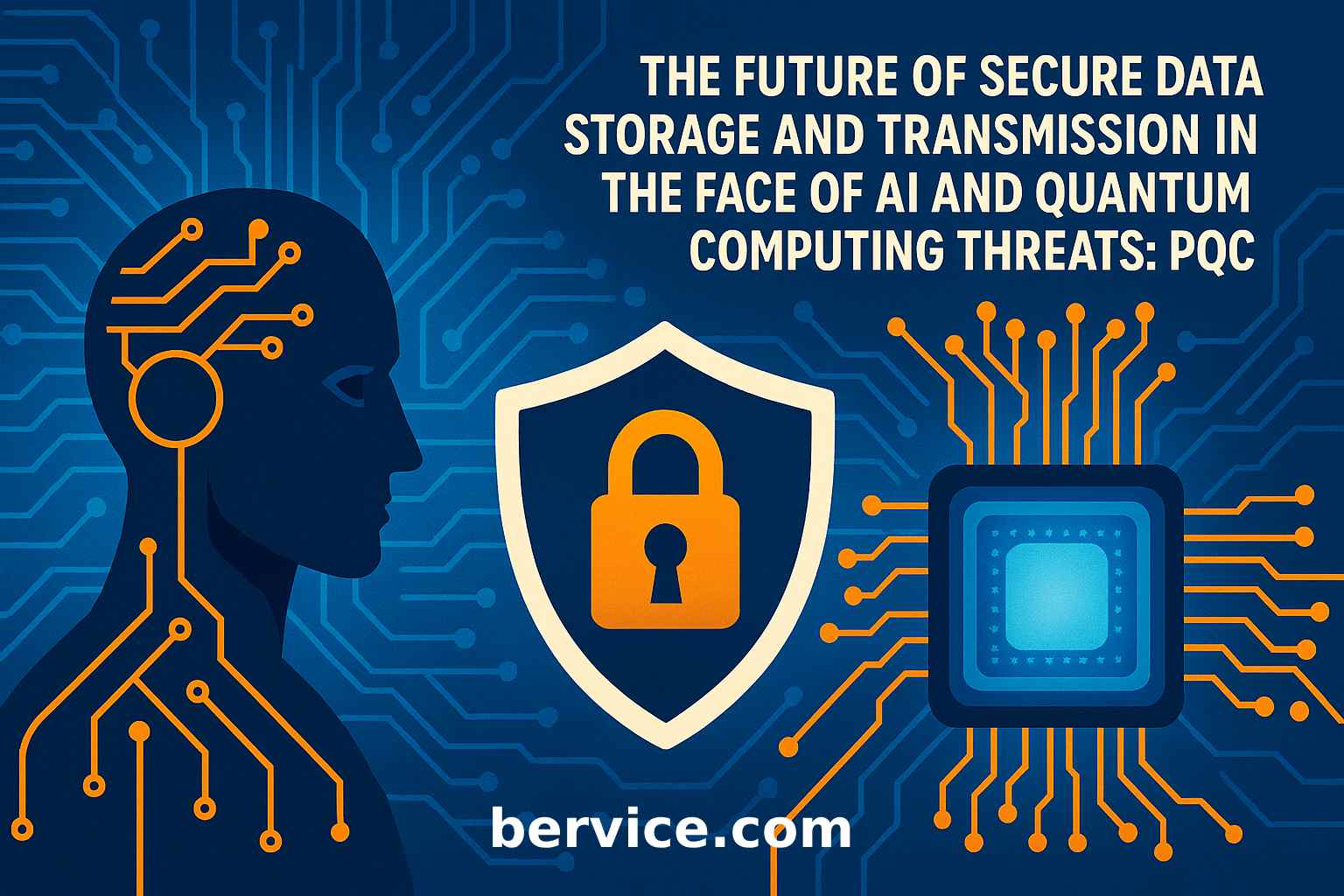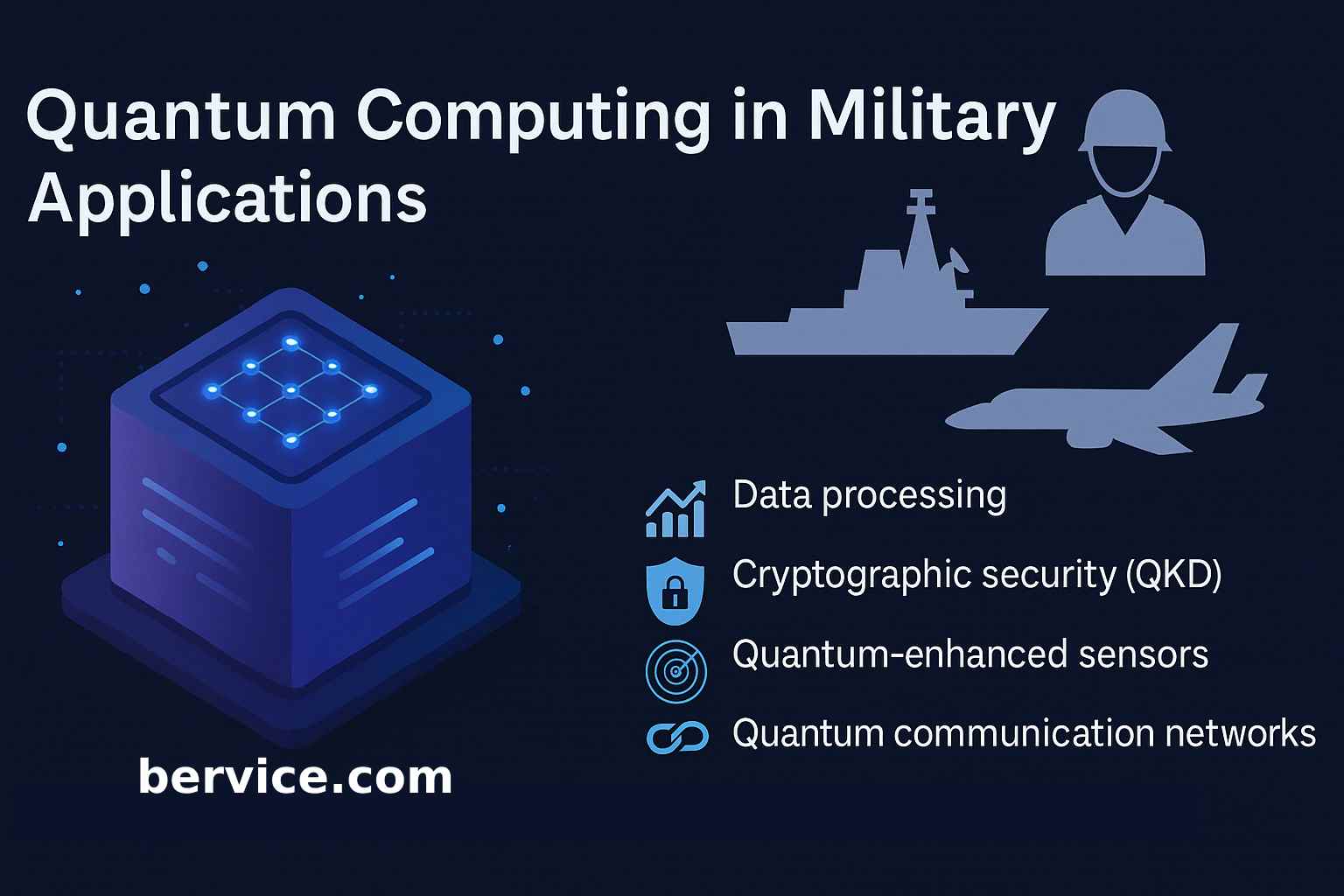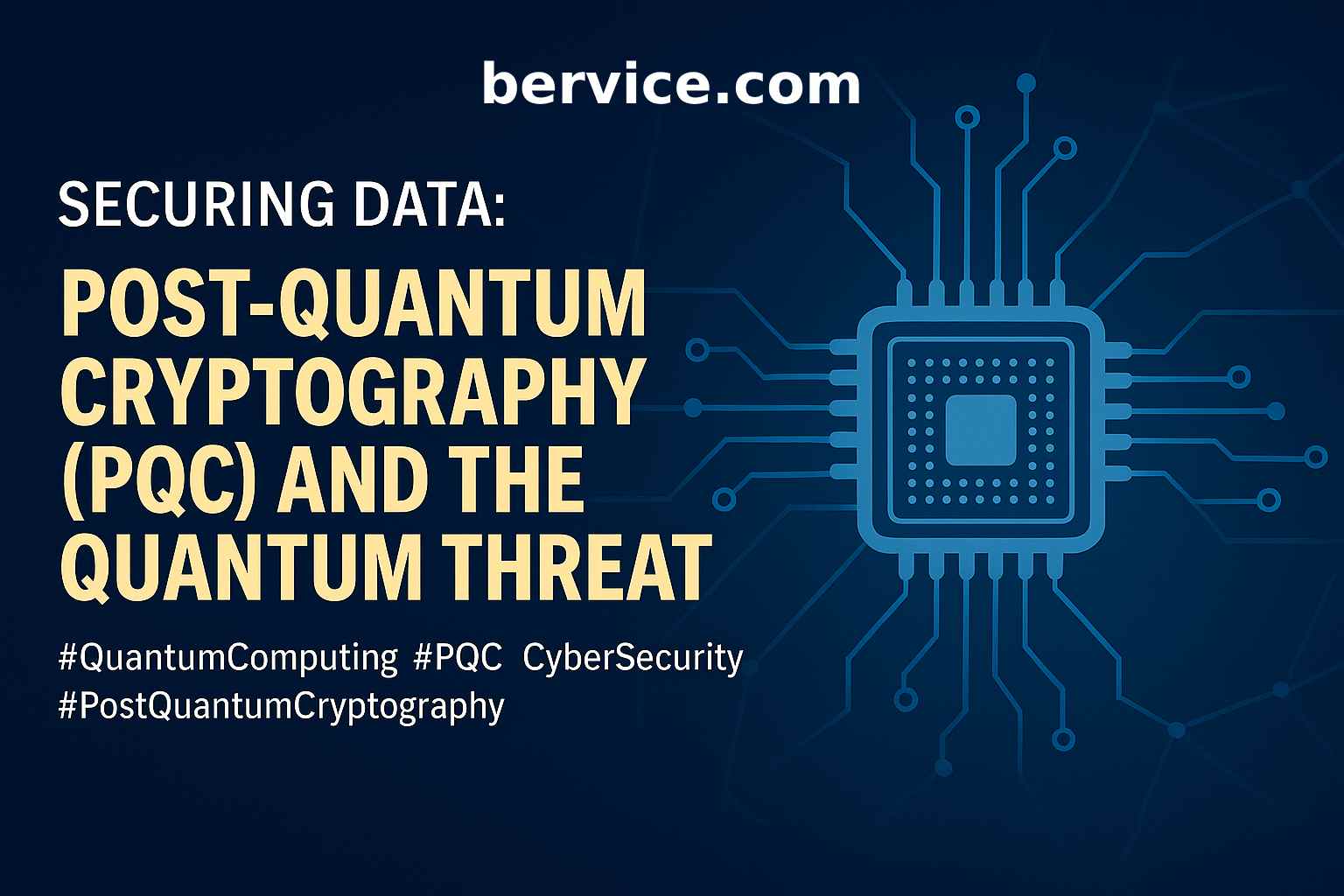-

The Quantum Computing Populogy: An Overview of Emerging Technology and Its Potential
Quantum computing is rapidly becoming a field of immense interest and importance within the technological community. Unlike classical computers, which process information as binary bits (0s and 1s), quantum computers leverage the principles of quantum mechanics to process data in fundamentally new ways. The term “populogy” within the context of quantum computing might be…
-

What is Quantum Internet?
The quantum internet is an advanced form of the internet that uses the principles of quantum mechanics to enhance communication and data security. Unlike classical internet systems that rely on classical bits for transmitting information, the quantum internet utilizes quantum bits, or qubits. This shift from classical to quantum computing introduces several revolutionary benefits…
-

The Future of Secure Data Storage and Transmission in the Face of AI and Quantum Computing Threats: PQC
As technological advancements continue to shape our world, one of the most critical concerns facing industries today is the security of sensitive data. With the rise of Artificial Intelligence (AI) and Quantum Computing, traditional encryption methods are increasingly vulnerable to attacks that could compromise the confidentiality and integrity of critical information. The solution to…
-

Military Applications of Quantum Computing and Data Transmission
Quantum computing has emerged as a revolutionary technology with vast potential across various industries, including defense and military applications. The fundamental principles of quantum mechanics, such as superposition, entanglement, and quantum tunneling, provide computational power far beyond the capabilities of classical computers. This opens the door to advanced military applications, ranging from secure communication…
-

Securing Data: Countering the Threats of Quantum Computers with Post-Quantum Cryptography (PQC)
The rapid advancement of quantum computing poses a significant challenge to the security of traditional encryption algorithms. Classical encryption methods, such as RSA and ECC (Elliptic Curve Cryptography), rely on the computational difficulty of problems like integer factorization and discrete logarithms. However, with the advent of quantum computers, these encryption methods are at risk…